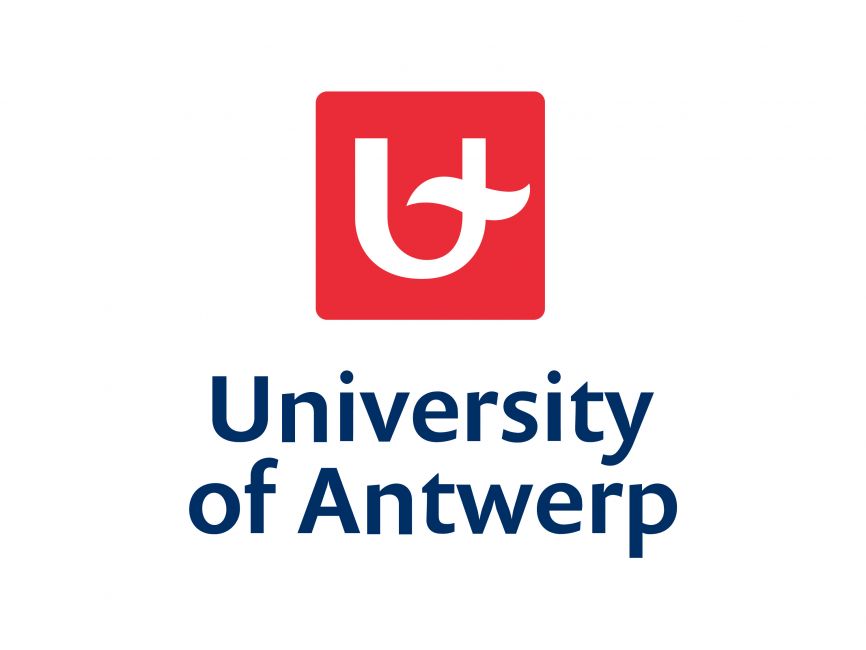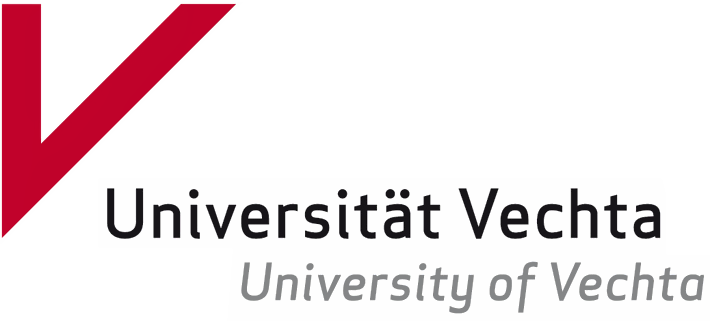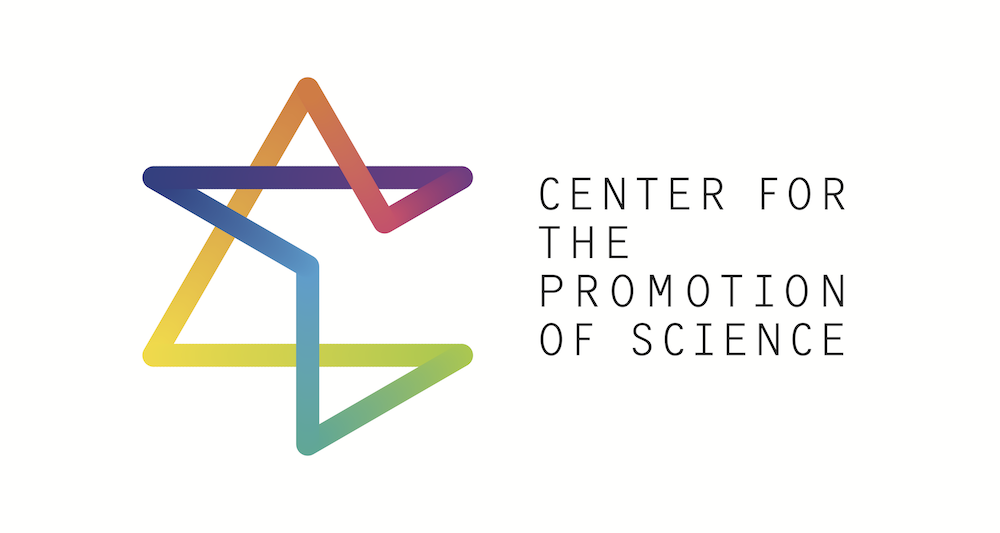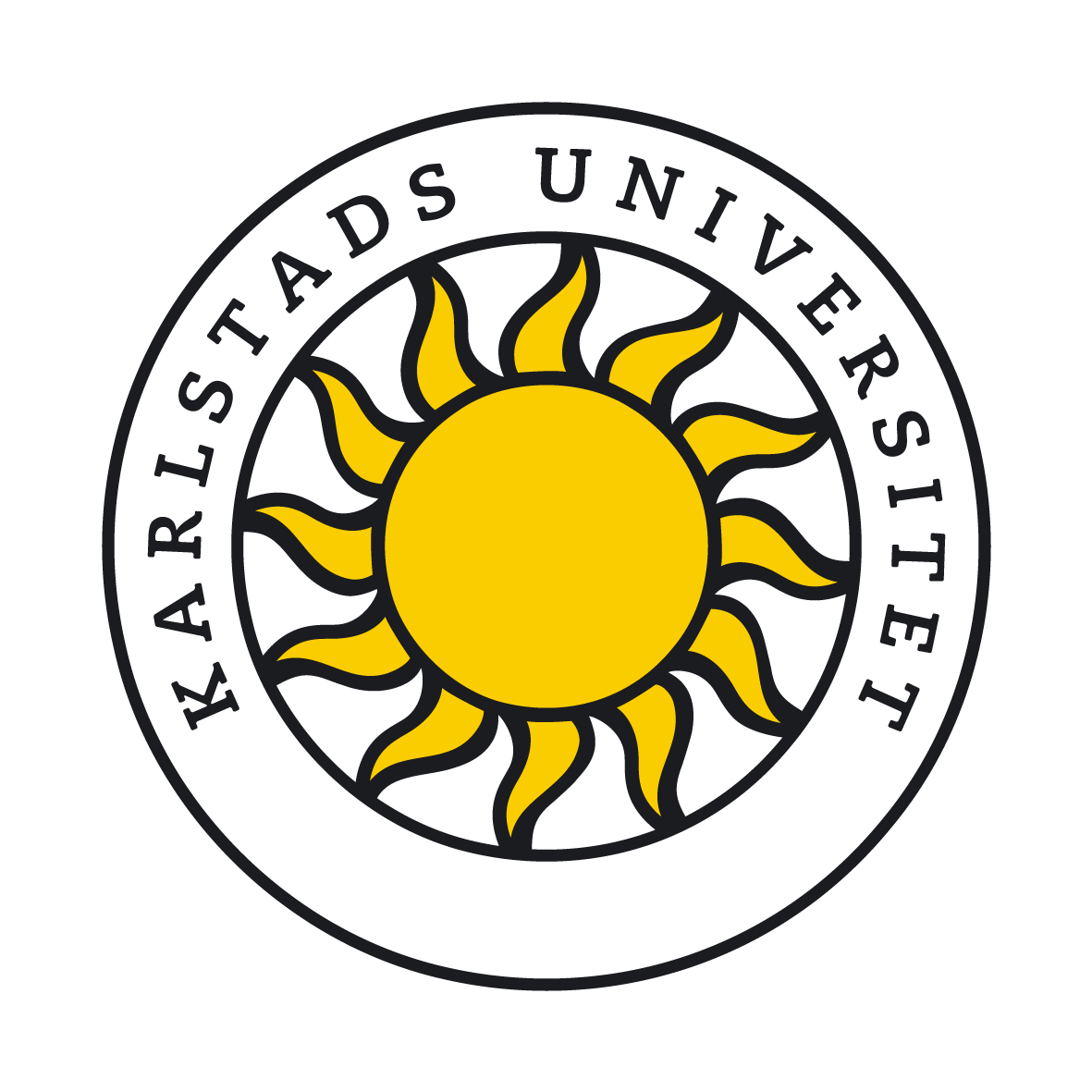IMPACT ASSESSMENT FOR
ACTION COMPETENCE
Welcome to the IMP>ACT project – a journey towards understanding and enhancing sustainability and climate change education (SCCE)!
Our mission
IMP>ACT aims to understand what learners truly gain from Sustainability and Climate Change Education (SCCE)’ and how it shapes their mindsets and actions. As SCCE is still relatively new in the EU context there is still a lack of understanding of what effective SCCE looks like and how its impact can be measured. As a result, an evidence base to inform decisions for further development of programs and policies is still lacking. To drive assessment of these impacts within but also beyond education (in the wider economy and society), our overall objective is to develop the IMP>ACT assessment framework, tailored to users’ needs in SCCE policy and practice.
Objectives
At the core of the IMP>ACT assessment framework are the concepts of action competence (key observable learning outcome of SCCE) and action-orientation (key qualities of teaching, driving learning in SCCE). IMP>ACT will design and validate the framework in a user-centred, iterative approach through small-scale interventions, followed by six large-scale case studies,selected to cover the lifelong learning scope of SCCE. IMP>ACT brings together an interdisciplinary consortium with partners from SCCE research, policy and practice.
Methodology
IMP>ACT applies a participatory design approach to its research and development activities, including relevant knowledge actors and users by means of co-design, co-creation and co-assessment. Through participatory design research, we aim to engage these stakeholders in the design process of the IMP>ACT assessment framework, to ensure that the framework is effective, relevant, and inclusive of their contexts and needs. Our approach to participatory design research involves identifying and recruiting stakeholders, co-designing research questions, collecting, analysing, and interpreting data, knowledge dissemination, and enacting change.
Societal Collaborations
Next to the six societal partners in the IMP>ACT consortium, in each country a national stakeholder group (35 committed organisations) will be actively involved to co-develop and validate the IMP>ACT assessment framework, contributing to its validity and viability beyond the project’s lifetime. The IMP>ACT assessment framework will allow designers and implementers of SCCE policies, curricula and practices to collect information on the impact they achieve, and as such drive improved feedback loops between research, policy and practice. This will ensure that SCCE materials, tools, interventions, and curricula stay relevant, and lead to evidence-based quality improvement of SCCE policies and practices.
Consortium
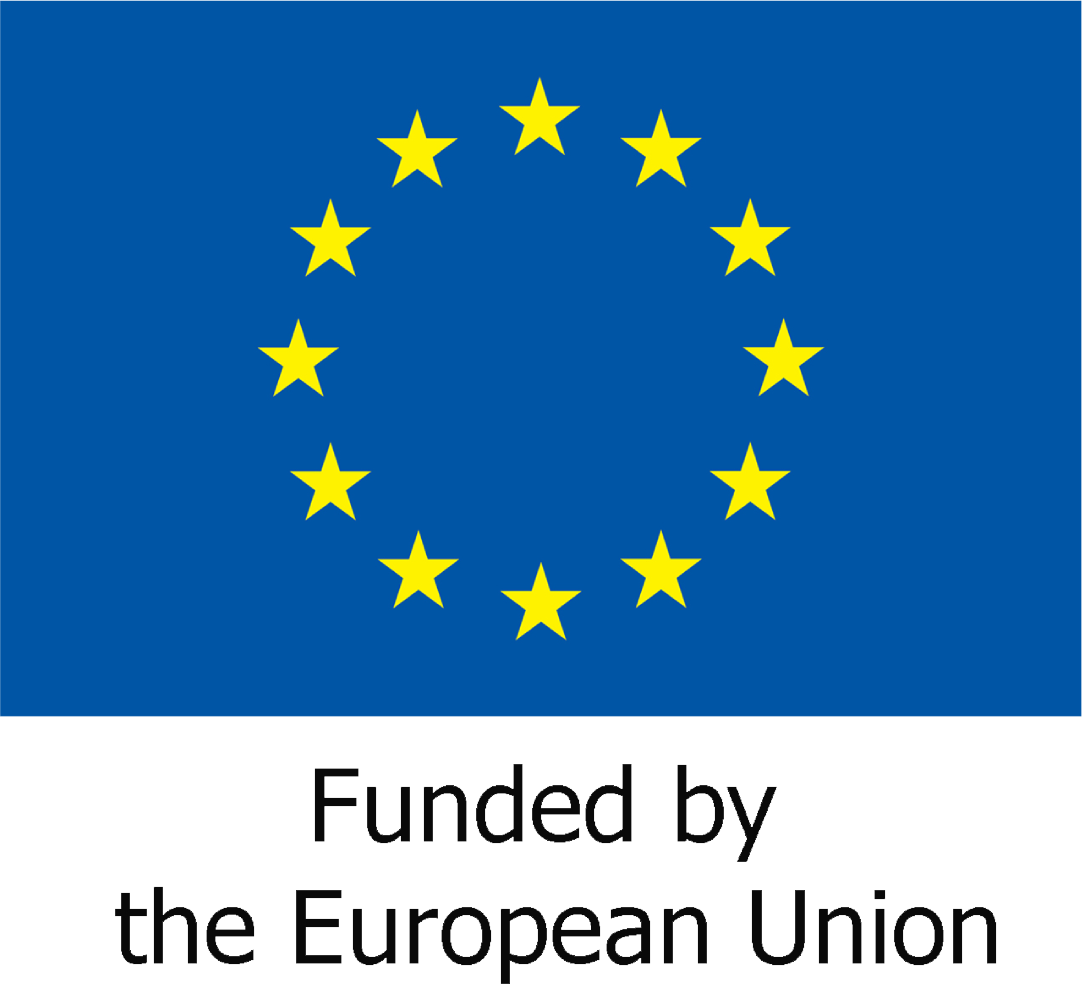
This project has received funding from the EU Horizon Europe program under the grant agreement No 101137351
